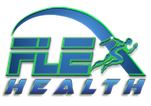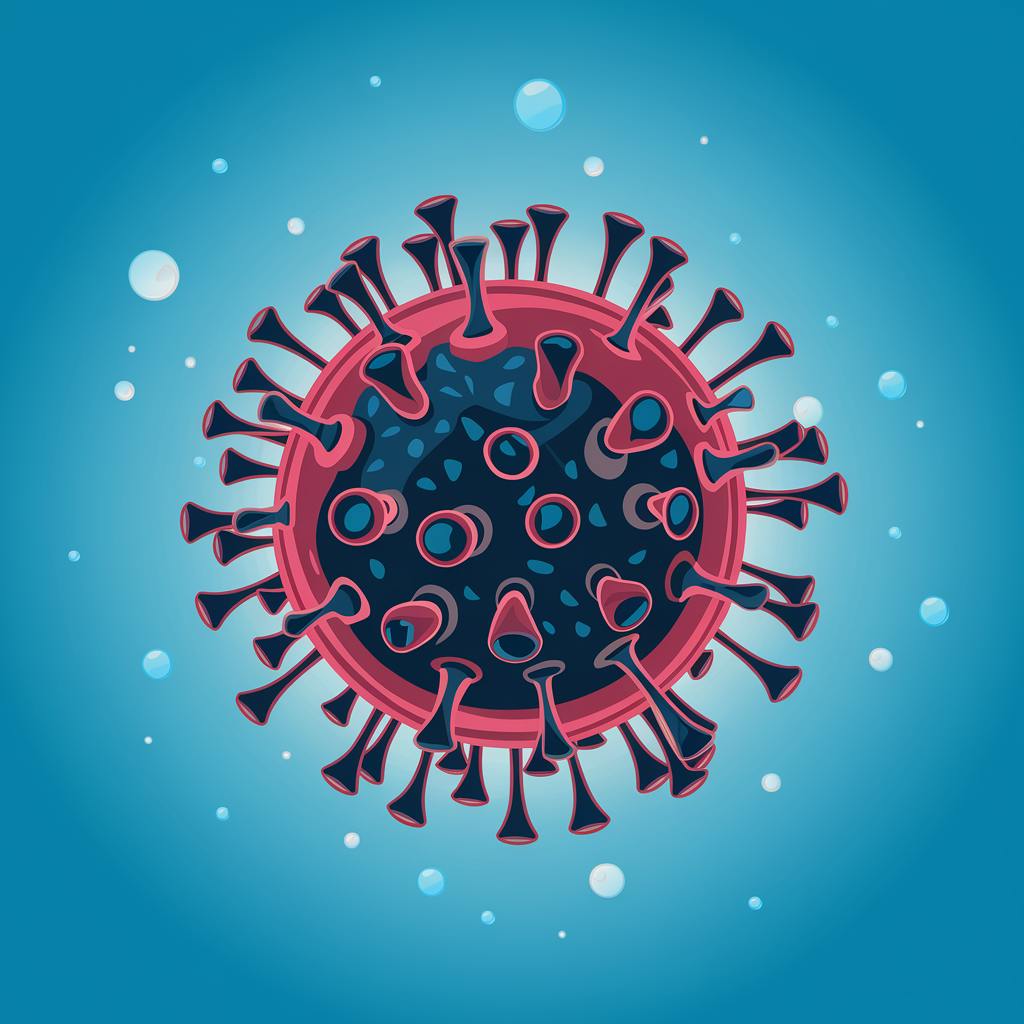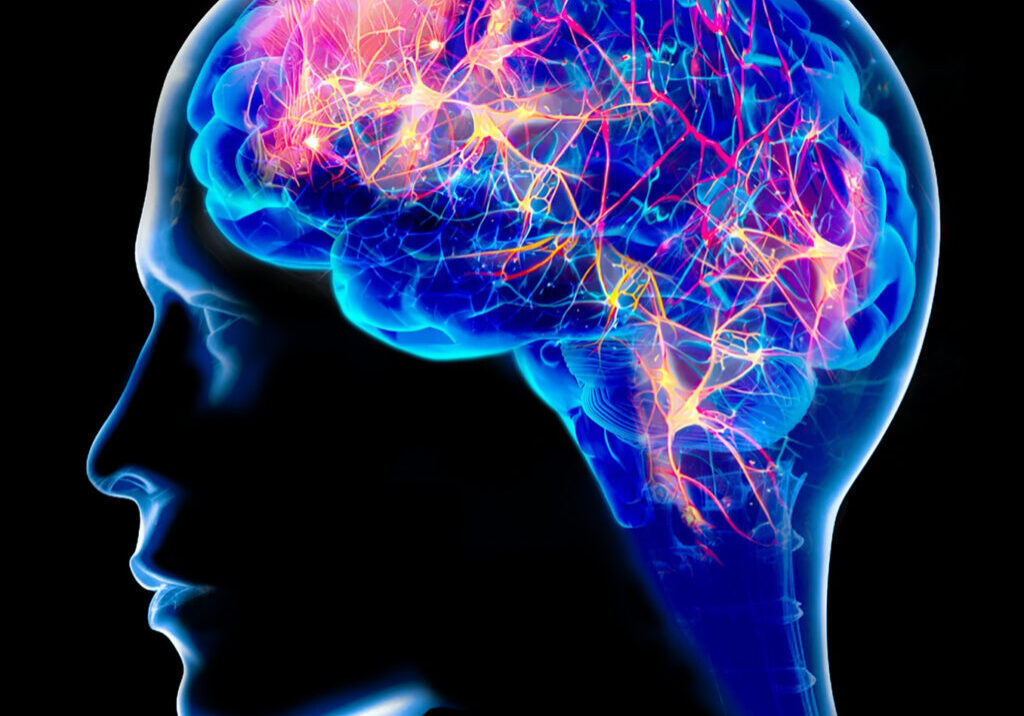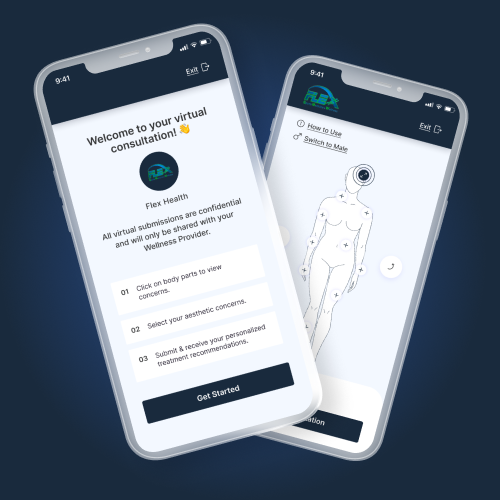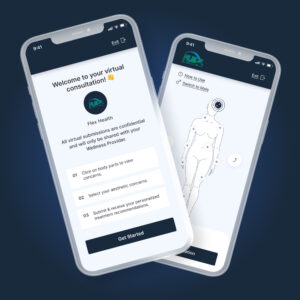
Concussions are a common type of traumatic brain injury that can have significant effects on one’s health and well-being. Despite their prevalence, there are many misconceptions about what concussions are, how they should be diagnosed and treated, and what recovery entails. In this comprehensive guide, we will explore concussions in depth, providing you with essential information on their causes, symptoms, diagnosis, treatment, and recovery process.
What is a Concussion?
A concussion is a mild traumatic brain injury (TBI) caused by a bump, blow, or jolt to the head or by a hit to the body that causes the head and brain to move rapidly back and forth. This sudden movement can cause the brain to bounce around or twist within the skull, creating chemical changes in the brain and sometimes stretching and damaging brain cells.
Mechanism of Injury
The brain is a soft organ that is protected by cerebrospinal fluid and encased within the hard skull. When a person experiences a significant impact, the force can cause the brain to move inside the skull, leading to a concussion. The impact does not necessarily have to be directly to the head; a blow to the body that causes the head to jerk suddenly can also result in a concussion.
Common Causes
1. Falls: Falls are the most common cause of concussions, especially in young children and older adults.
2. Sports Injuries: Contact sports such as football, rugby, hockey, and boxing are frequent contributors to concussions.
3. Motor Vehicle Accidents: Car accidents can result in significant head injuries, including concussions.
4. Physical Assaults: Being struck on the head during a physical altercation can lead to a concussion.
5. Explosive Blasts: Military personnel may experience concussions from the blast waves of explosions.
Symptoms of a Concussion
Concussion symptoms can vary widely among individuals and may not appear immediately. They can be categorized into four main types: physical, cognitive, emotional, and sleep-related.
Physical Symptoms
•Headache or pressure in the head
•Nausea or vomiting
•Balance problems or dizziness
•Double or blurry vision
•Sensitivity to light or noise
•Feeling sluggish, hazy, or groggy
Cognitive Symptoms
•Difficulty thinking clearly
•Feeling slowed down
•Difficulty concentrating
•Difficulty remembering new information
Emotional Symptoms
•Irritability
•Sadness
•More emotional than usual
•Nervousness or anxiety
Sleep-Related Symptoms
•Sleeping more than usual
•Sleeping less than usual
•Trouble falling asleep
It is important to note that symptoms can evolve over time. For some individuals, symptoms may appear immediately after the injury, while for others, they may develop hours or even days later.
Diagnosing a Concussion
Diagnosing a concussion involves a thorough evaluation by a healthcare professional. The diagnosis is primarily based on the patient’s reported symptoms, a physical examination, and sometimes imaging tests.
Initial Assessment
1. Medical History: The healthcare provider will ask about the details of the injury, any previous head injuries, and the patient’s medical history.
2. Symptom Check: The patient will be asked about the presence and severity of concussion symptoms.
Physical Examination
The healthcare provider will perform a physical examination to assess various aspects of the patient’s condition, including:
1. Neurological Exam: This involves checking the patient’s vision, hearing, strength and sensation, balance, coordination, and reflexes.
2. Cognitive Testing: The healthcare provider may assess the patient’s memory, concentration, and ability to think clearly.
3. Balance and Coordination Tests: These tests help evaluate the patient’s balance and coordination, which can be affected by a concussion.
Imaging Tests
While concussions typically do not show up on standard imaging tests like X-rays, CT scans, or MRIs, these tests may be used to rule out more severe brain injuries, such as skull fractures or bleeding in the brain.
1. CT Scan: A CT scan may be performed to check for any structural damage or bleeding in the brain.
2. MRI: An MRI may be used to provide a more detailed view of the brain and detect any subtle changes.
Treatment of a Concussion
The primary treatment for a concussion is rest and gradual return to normal activities. Treatment plans are individualized based on the severity of the concussion and the patient’s specific symptoms.
Immediate Care
1. Rest: It is crucial to rest and avoid physical and cognitive activities that can exacerbate symptoms. This includes avoiding sports, heavy lifting, and activities that require intense concentration.
2. Hydration and Nutrition: Staying hydrated and maintaining a balanced diet can support the healing process.
3. Pain Management: Over-the-counter pain relievers such as acetaminophen can be used to manage headache pain. It is important to avoid nonsteroidal anti-inflammatory drugs (NSAIDs) like ibuprofen and aspirin, as they can increase the risk of bleeding.
Gradual Return to Activities
1. Physical Activity: Once symptoms begin to improve, the healthcare provider may recommend a gradual return to physical activity. This typically follows a stepwise approach, starting with light aerobic exercise and gradually increasing intensity.
2. Cognitive Activity: Similarly, cognitive activities should be reintroduced gradually. This includes activities such as reading, using a computer, and school or work tasks.
Monitoring and Follow-Up
Regular follow-up appointments with the healthcare provider are essential to monitor progress and adjust the treatment plan as needed. If symptoms persist or worsen, further evaluation may be necessary.
What to Do If You Think You Have a Concussion
If you suspect you have a concussion, it is important to take the following steps:
1. Seek Medical Attention: Contact a healthcare professional as soon as possible for an evaluation. Do not attempt to self-diagnose or treat the injury.
2. Rest and Avoid Further Injury: Rest is crucial in the initial stages of a concussion. Avoid activities that could result in another head injury.
3. Monitor Symptoms: Keep track of your symptoms and note any changes. If symptoms worsen or new symptoms appear, seek medical attention immediately.
4. Follow Medical Advice: Follow the treatment plan and recommendations provided by your healthcare provider. This includes attending follow-up appointments and adhering to any activity restrictions.
Expected Recovery
Recovery from a concussion varies from person to person and depends on several factors, including the severity of the injury and the individual’s overall health. Most people recover fully within a few weeks, but some may experience persistent symptoms for months or longer.
Short-Term Recovery
1. Initial Days: In the first few days following a concussion, it is common to experience a range of symptoms, including headaches, dizziness, and cognitive difficulties. Rest and avoiding aggravating activities are crucial during this period.
2. Gradual Improvement: Symptoms typically begin to improve within a few days to a week. Gradually reintroducing physical and cognitive activities as tolerated is important for recovery.
Long-Term Recovery
1. Persistent Symptoms: Some individuals may experience persistent symptoms, known as post-concussion syndrome (PCS). This can include ongoing headaches, cognitive difficulties, and emotional changes.
2. Rehabilitation: In cases of prolonged recovery, rehabilitation programs involving physical therapy, occupational therapy, and cognitive therapy may be beneficial.
3. Return to Normal Activities: The timeline for returning to normal activities varies. It is essential to follow the guidance of healthcare professionals and avoid rushing the process to prevent further injury.
Conclusion
Concussions are a serious and common type of traumatic brain injury that require careful management and treatment. Understanding the symptoms, seeking prompt medical attention, and following a structured treatment plan are key to a successful recovery. By taking the necessary steps and allowing the brain adequate time to heal, most individuals can expect to return to their normal activities and enjoy a full recovery. Always prioritize safety and consult healthcare professionals if you suspect a concussion, as early intervention can significantly impact the recovery process. Contact Flex Health’s concussion clinic today for more information.
